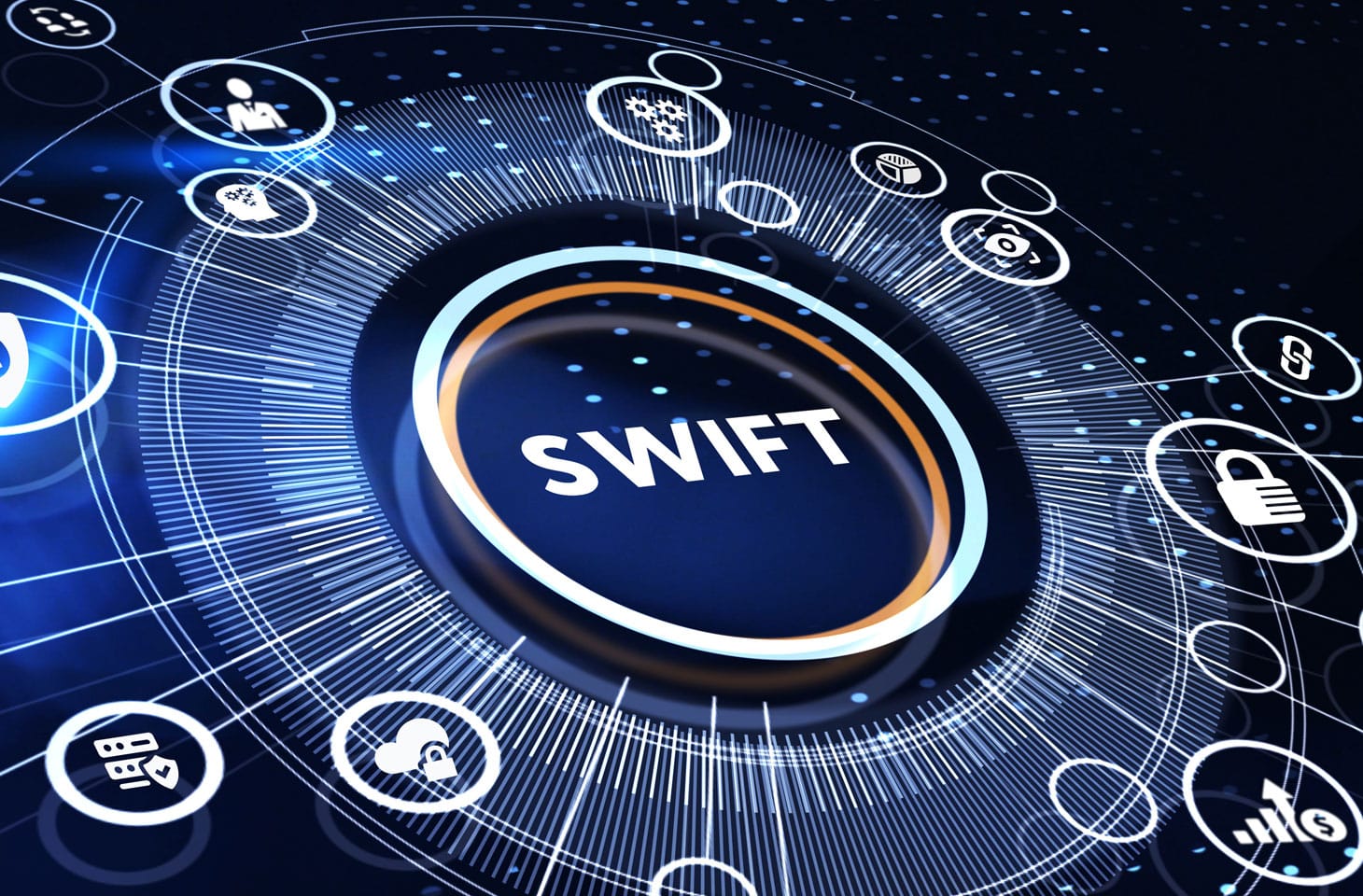How does the changeover to ISO 20022 also succeed for small and medium-sized enterprises?
What is ISO 20022?
ISO 20022 is a new message standard for financial transactions that can be used since March 2023. It replaces the old ISO 15022 message standard and other international message formats by November 2025. Its use is intended to help banks, companies and other institutions communicate with each other more uniformly, securely and efficiently, thus significantly reducing processing times for global transactions.
What means CBPR+?
CBPR+ (short for Cross-Border Payments and Reporting) is an initiative launched by SWIFT (short for Society for Worldwide Interbank Financial Telecommunication) to successfully introduce the new ISO 20022 messaging standard to banks and corporates. As an international financial communications network, SWIFT is committed to reducing fraud and errors in payment transactions and improving the efficiency of the payment process through straight-through processing.
The CBPR+ initiative consists of a set of best practices developed by SWIFT to be implemented by participating banks and their customers. These include the use of unique reference numbers, clear communication of payment details and the implementation of systems to detect fraud and errors in payment transactions.
From March 2023, there will be a period of co-existence during which financial institutions can use both ISO 15022 (“MT” messages) and ISO 20022 (“MX” messages) to send and receive financial transaction messages, depending on the “bilateral agreements” with their counterparties. However, all SWIFT participants are expected to migrate to the new standard by November 2025. From then on, only MX messages may be used for payments in foreign currencies. This applies to the following MT message categories:
- Category 1: Customer Payments and Cheques
- Relevant for communication between the bank and its customers.
- Category 2: Financial Institutions Transfers
- Relevant for communication between banks and financial institutions
- Category 9: Cash Management and Customer Status
- Relevant for transaction notifications, confirmations of transactions, reporting for all SWIFT participants
Implement recommendations from CBPR+: A major challenge for all SWIFT participants
Even though the new payment traffic standard brings a number of advantages for global transactions, the changeover poses major challenges for small and medium-sized enterprises in particular. Here is an overview of the most important ones:
- Timeline
All SWIFT payment participants must be able to read the information from the new message types correctly by November 2025. If SWIFT participants have not adapted to the new standards by this date, they will be excluded from SWIFT payments. In view of the impact, at least one year must be allowed for project set-up, specification, implementation and testing in the respective company.
- Conversion to new processes:
The CBPR+ initiative requires all companies to adapt their existing internal processes and IT systems. Crucial here are the purposes for which the information from the messages is used, for example for internal accounting, corporate management, invoicing and risk management. According to the Minimum Requirements for Risk Management (MaRisk), the foreign currency risk must be monitored and countermeasures implemented. The volatility of the currency must be included to counteract customer and settlement risk. These risk management requirements must also be taken into account in the new ISO standard on the basis of transaction data. - Compliance:
Financial institutions and companies also use information from the transactions for reporting purposes. According to §67 Außenwirtschaftsverordnung (AWV, eng. Foreign Trade and Payments Ordinance) of Germany, companies must report payments in foreign currency. Here, companies must check how the reporting obligation is implemented with the transaction data in the new standard, for example for the preparation of reports.
- Integration with other systems and services:
CBPR+ is by definition a project that facilitates and promotes interoperability. It may require the adaptation of SWIFT platforms for processing ISO 20022 messages and the integration of other or new interfaces. This applies both internally and externally. Close cooperation between all market participants is essential. Furthermore, additional costs may be incurred. This is particularly relevant for companies that work with several banks, as they may have different migration plans.
Consileon supports you with the changeover
With the CBPR+ initiative, SWIFT wants to make payment transactions more secure and efficient. However, companies face a number of challenges in implementing this. Consileon supports companies and clearing houses already connected to SWIFT in identifying and overcoming these challenges in order to ultimately benefit from the associated advantages. Consileon’s experts document IT architectures, analyse interfaces and conduct an inventory of processes in order to identify needs for action in internal applications and downstream systems. In addition to specifying the requirements, Consileon can carry out automated tests. Depending on bank and customer requirements, Consileon can also implement a translator that can transform MT and MX messages and vice versa during the co-existence phase.
Are you looking for support in migrating to ISO 20022? Contact us! Our payment traffic experts will be happy to help you.




